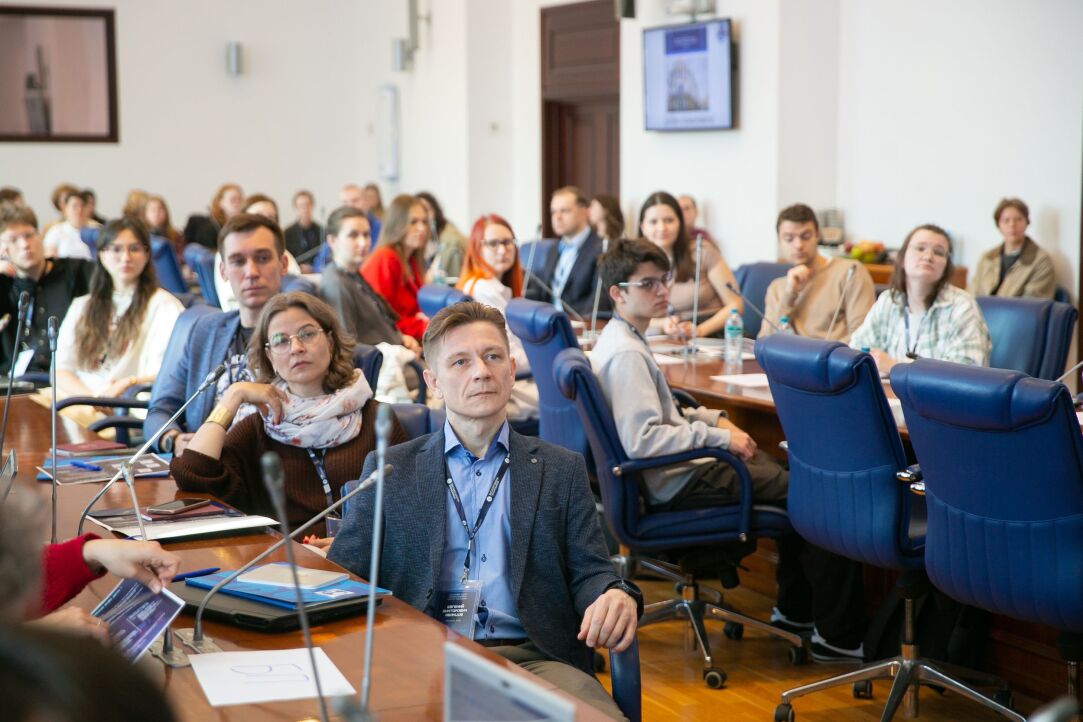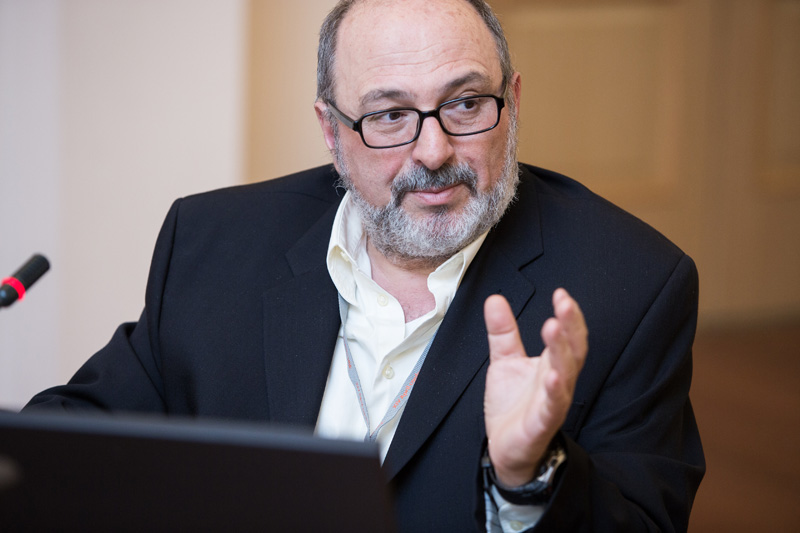The annual Vysokovsky Forum, organised by the Faculty of Urban and Regional Development, was held at HSE University. Officials, business representatives, teachers, and experts gathered to discuss whether development projects should be adapted to residents' needs, whether New Moscow could become a new centre of attraction, and what benefits HSE will gain from launching a new academic department in partnership with A101 Group.




















